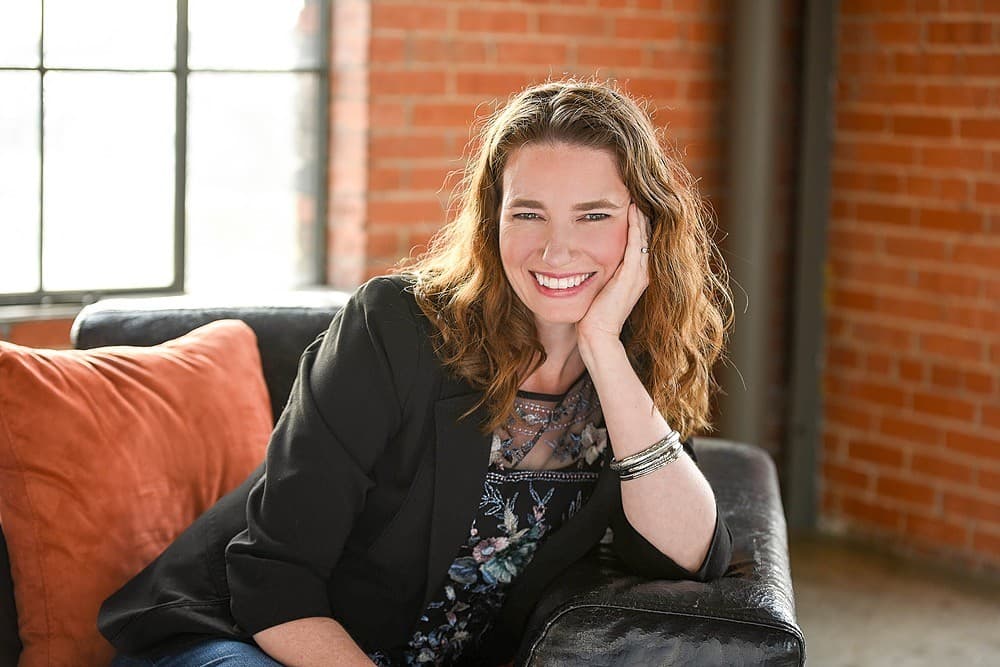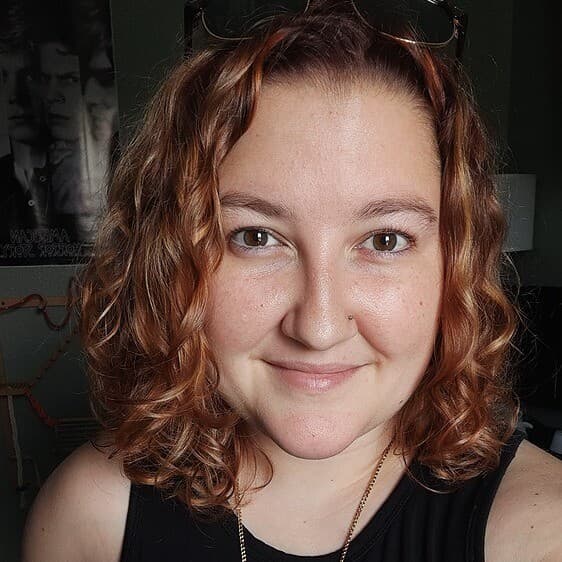Short and Sweet: 4 Tips for Writing Tighter Scripts

Short and Sweet: 4 Tips for Writing Tighter Scripts

Many writers want to know how long their scripts should be. And the answer is almost always, “Shorter than you think.” This is especially true, dear creatives, as we start out our careers.
The other day on Instagram, writer/actor Shawn Parikh laid to rest the excuse “but Aaron Sorkin gets to do it” – namely, write massively long scripts – by reminding us, gently, that we are not Aaron Sorkin. For us mere mortals, 90-110 pages will do just fine.
But why is this the case? Why can’t we push to 120 pages? Why shouldn’t we push to 120 pages?
If you’ve followed me for a while, you know how much I’m a fan of Aristotle’s Poetics. Here’s what he has to say on the subject: “In order to be beautiful…anything…made up of parts must not only have its parts organized [plot], but must also be of an appropriate magnitude. Beauty depends on magnitude and order.”
It’s probably incredibly provocative to raise the specter of beauty when we’re talking about writing – but Aristotle’s definition has nothing to do with the “eyes of the beholder” or personal taste. Instead, it has everything to do with what fits the story. “Magnitude”, for Aristotle, is about proportionality. A story should be exactly as long as it needs to be, and no longer (or shorter). It’s the Goldilocks principle of the golden mean.
In today’s post, I’d like to share a few tips that can help you recognize when you’re potentially in violation of this golden mean, and how to fix it.

What is Overwriting?
Let’s start at the beginning. The number one reason why you may be struggling to hit that 90-110 page sweet spot with your feature script is overwriting.
Dictionary.com lists two definitions of overwriting which are instructive here:
- to write in too elaborate, burdensome, diffuse, or prolix a style:
- to write in excess of the requirements, especially so as to defeat the original intention
The first definition has to do with style, and we’ll get to the remedy for this in Tip #4. Let’s look at the second definition more closely.
For the moment, let’s forget about the first half of the definition – the part that makes this sound like it’s a high school essay. The second half is really the key here. Overwriting actually defeats the purpose. Rather than making things more clear, or more impactful, it actually does the opposite. When we overwrite, we end up obscuring what’s really important, and this runs counter to our objective: to deliver a story that is clear and powerful.
We can overwrite on every level of the story, from the word choice on up to the global story. So I’m going to take these in reverse order, from the macro down to the micro.

TIP 1: Planning for Success
Before we begin, I should note that most of these tips will be most effective in the rewrite process. The first draft is often overwritten in one way or another, and that’s fine. The problem arises if we let it stay that way.
When we overwrite on the script level, our story is bloated with extra scenes that have no real purpose to the overall story. These scenes are either redundant (that is, they deliver the same information over again) or they are unnecessary (they deliver no information at all). One of the best ways to avoid (or minimize) this problem – and to save yourself time on the rewrite process – is to start with a plan for the story.
Even if all you map out are the big moments in the script – what Mickey Fisher called “tentpole moments” in his Netflix + Stage 32 webinar on writing sci-fi for streaming – this will still help keep you on track during the writing process. And then, when you go back through the script in the rewrite phase, you’ll be able to quickly identify scenes that aren’t doing the work. I’m a big believer as well in knowing your character arcs ahead of time, for the same reason.
Be ruthless in the rewrite process as you evaluate your scenes. Could they be eliminated entirely? Could the information in two scenes (or three or more) be consolidated into one? Could the scene be cut down (more on this in Tip #3)? Remember, you’re not losing anything here – you’re gaining. Your reader’s attention is a precious and very limited commodity. Don’t waste it.

TIP 2: Use the Iceberg Theory
Now that we’ve talked about eliminating the unnecessary on the level of structure, let’s talk about scene work. One of the most common red flags that mark an inexperienced writer is overwritten scene description and dialogue. In one of my previous posts on common scene struggles, I talk about information (mis)management – the inclusion of too much detail or the wrong kinds of details.
A remedy for this kind of overwriting is to use Ernest Hemingway’s Iceberg Theory. He described this approach in his work Death in the Afternoon, and the idea, in a nutshell, is that the writer should leave most things unsaid. Only about ⅛ of an iceberg is visible above the water, after all – and writers should strive for the same kind of economy. The reader, Hemingway says, will infer what they need to know.
When I see overwriting in scene description or dialogue, I always feel that there’s a trust issue at play. On some level, perhaps, the writer doesn’t believe that the reader will “get it” unless they spell it out – or the writer is so intent on making the reader see exactly what they see that they give the reader no room for their own imagination to work on the material.
The Iceberg Theory reassures us that we can (and should) trust the reader to do the work – especially if we give them only what is necessary, and no more. This is a far more enriching experience for the reader, and part of what keeps them engaged in the story.

TIP 3: Find the Heart of the Scene
Stories are like fractals. Each level has the same structure: beginning, middle, end (thank you, Aristotle). As you’re evaluating your scenes, recognize that they, too, have this structure. There is an inciting incident, rising action, a climax, and a denouement – and every scene should ratchet up the progress in the structure of the story as a whole.
You’ve probably heard the advice to get in and out of a scene as quickly as possible. But this is impossible to do if you don’t know the purpose of the scene in the first place. To whittle away the unnecessary bits of a scene, start from its heart: the climax. What explosive thing has to happen in this scene in order to move the story forward? Once you’ve identified the moment of highest impact in the scene, pare down everything else around it.
This technique will also help you to identify scenes that could be combined. If they are both driving toward the same point, then see if you can consolidate them into a single, more powerful scene.

TIP 4: Cut Extra Words
And that brings us, at last, to the micro level of word choice and our first definition of overwriting: “to write in too elaborate, burdensome, diffuse, or prolix a style.”
I think we sometimes forget that when we overwrite a description, it’s not a help to the reader, but a burden. It slows the pace and bogs us down. Cutting the extra words sharpens the focus and keeps the pace moving. One of the best compliments I think you can receive as a writer is that your script was a “fast read.” That doesn’t mean it was lightweight. It means that you kept the reader moving through the pages – and this starts, first and foremost, with the words you choose.
Trimming down your descriptions by cutting extra words or rephrasing bulky passages is also an often overlooked opportunity to cut down your page count. But if you can tighten up your phrasing and cut 2 ½ lines down to 2 lines, and you can do that over the course of the script, you would be surprised how quickly it adds up!
As writers, words are our medium and our tools. I’m a huge advocate for studying lyric poetry as a way to hone our sensitivity to economy in word choice. And diction isn’t just about using fewer words – it’s about using the one perfect word instead of the phrase that’s “sort of” right. It’s about using figurative language to evoke an image so that you don’t have to describe it to death.
Writing and rewriting a description or a line of dialogue until it’s as minimal and powerful as possible can seem like fussing – and I would certainly save this level of detail work until the last round of your rewriting process. But this precision adds up in far more ways than just the page count.
Keep the End in Mind
The goal of writing, ultimately, is communication. And in order for communication to be effective, it needs to be clear and powerful. And I should add that this principle applies not just to the writing process, but to the process of filming and editing too. The entire editing process is dedicated to eliminating everything that doesn’t absolutely need to be there so that what’s left is, as Aristotle would say, a thing of beauty.
As Pablo Picasso says, “Art is the elimination of the unnecessary.” So be ruthless. Your readers will thank you for it.
About the Author

Shannon K. Valenzuela
Author, Screenwriter
S.K. is a screenwriter, author, and editor. Writing is in her blood and she's been penning stories since she was in grade school, but she decided to take an academic track out of college. She received her Ph.D. in Medieval Literature from the University of Notre Dame and has spent many years teac...















